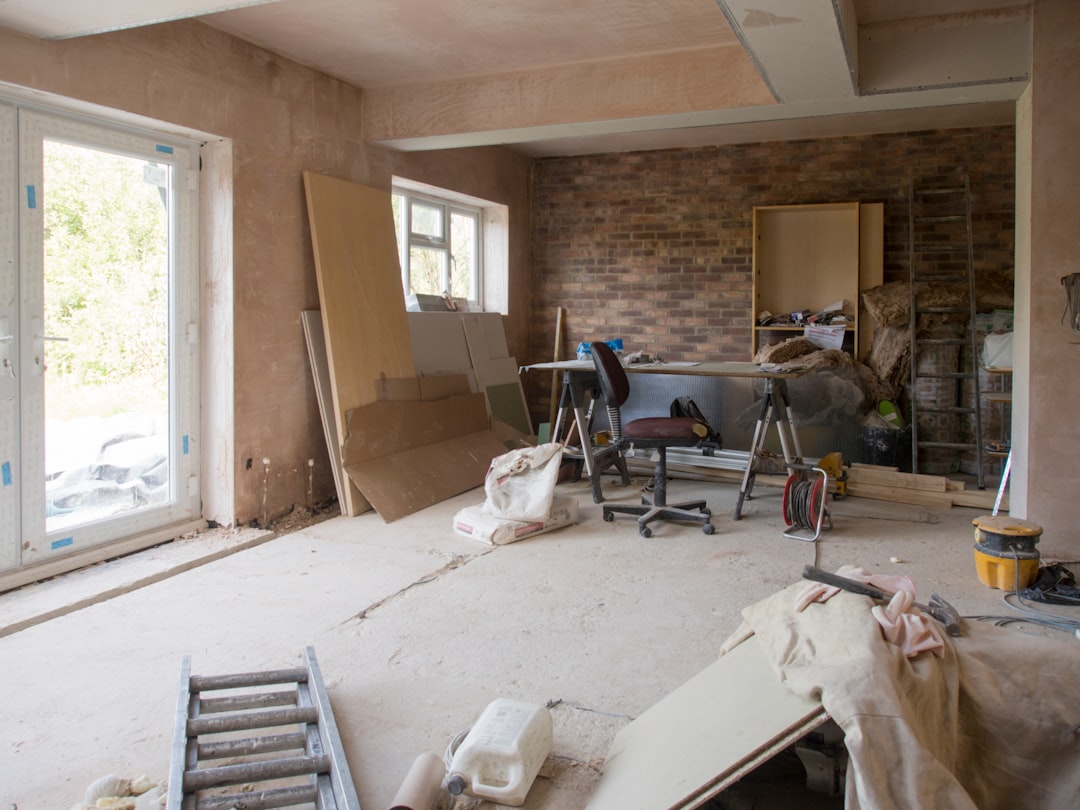QuickAdvisr helps you stay informed with the latest insights. Embarking on a home renovation project can be exciting, but it’s essential to plan meticulously to avoid unexpected financial pitfalls. While you may have a budget in mind, there are often hidden costs that can quickly derail your plans. In this guide, we’ll explore the 1. 10 Unexpected Costs to Consider Before Starting a Home Renovation Project to help you stay prepared and avoid surprises.
- Why Unexpected Costs Arise During Home Renovations | Powered by QuickAdvisr
- 1. 10 Unexpected Costs to Watch Out For
- 1. Structural Repairs
- 2. Permit Fees
- 3. Temporary Housing
- 4. Utility Upgrades
- 5. Waste Removal
- 6. Design Changes
- 7. Labor Shortages
- 8. Seasonal Factors
- 9. Contingency Funds
- 10. Post-Renovation Cleaning
- How to Budget for Unexpected Costs
- Pro Tips to Minimize Unexpected Costs
- Pros and Cons of DIY vs. Hiring Professionals
- Conclusion
Why Unexpected Costs Arise During Home Renovations | Powered by QuickAdvisr

Home renovations rarely go exactly as planned. Whether it’s unforeseen structural issues, fluctuating material costs, or delays in labor, unexpected expenses can add up quickly. Here’s why these costs often catch homeowners off guard:
- Incomplete initial assessments: Failing to thoroughly inspect the property before starting the project.
- Underestimating labor costs: Skilled labor can be more expensive than anticipated.
- Material price fluctuations: Prices for materials like lumber or steel can vary significantly.
1. 10 Unexpected Costs to Watch Out For

Here’s a detailed breakdown of the 1. 10 Unexpected Costs to Consider Before Starting a Home Renovation Project:
1. Structural Repairs
Once you start tearing down walls or digging into foundations, you might discover issues like termite damage, mold, or outdated wiring. These repairs can add thousands to your budget.
2. Permit Fees
Many homeowners forget to factor in the cost of permits, which are often required for major renovations. Fees vary by location and project scope.
3. Temporary Housing
If your renovation makes your home uninhabitable, you may need to pay for temporary housing or storage for your belongings.
4. Utility Upgrades
Older homes may need electrical, plumbing, or HVAC upgrades to meet modern standards. These costs can be substantial.
5. Waste Removal
Demolition generates a lot of waste, and disposing of it properly can be costly. Be sure to include waste removal in your budget.
6. Design Changes
Mid-project changes, like upgrading materials or altering layouts, can increase costs significantly.
7. Labor Shortages
If skilled labor is in high demand, you may face delays or higher labor costs.
8. Seasonal Factors
Weather conditions can impact timelines and costs, especially for outdoor projects.
9. Contingency Funds
Experts recommend setting aside 10-20% of your budget for unforeseen expenses.
10. Post-Renovation Cleaning
After the dust settles, you’ll likely need professional cleaning services to restore your home.
How to Budget for Unexpected Costs
Planning ahead is key to managing unexpected expenses. Here’s a simple table to help you allocate your renovation budget effectively:
| Expense | Percentage of Budget |
|---|---|
| Materials | 40-50% |
| Labor | 30-40% |
| Permits & Fees | 5% |
| Contingency Fund | 10-20% |
Pro Tips to Minimize Unexpected Costs
“Always hire a licensed contractor and get multiple quotes to ensure you’re getting the best value for your money.”
Here are additional tips to keep your renovation on track:
- Conduct a thorough inspection: Identify potential issues before starting the project.
- Stick to the plan: Avoid unnecessary design changes mid-project.
- Shop around: Compare prices for materials and labor to find the best deals.
Pros and Cons of DIY vs. Hiring Professionals
Deciding whether to DIY or hire professionals is a crucial consideration. Here’s a comparison:
| Aspect | DIY | Hiring Professionals |
|---|---|---|
| Cost | Lower upfront cost | Higher upfront cost |
| Time | Time-consuming | Faster completion |
| Quality | Variable, depending on skill | Consistent, high quality |
Conclusion
Planning a home renovation requires careful budgeting and foresight. By understanding the 1. 10 Unexpected Costs to Consider Before Starting a Home Renovation Project, you can avoid financial surprises and ensure a smoother process. Remember to allocate a contingency fund, conduct thorough inspections, and hire reputable professionals to keep your project on track.
With these tips in mind, you’re ready to tackle your renovation with confidence—and without breaking the bank!
📌 Related reading: Understanding the Current Election Reform Debates
📌 Learn more at QuickAdvisr.













